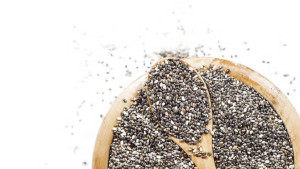Health benefits
Emerging research shows that walnuts may enhance your thinking and memory function, thanks to their abundant source of antioxidants, par- ticularly polyphenols like ellagic acid, that protect the tiny blood vessels in your grey matter. Indeed, walnuts contain twice as many polyphenols as other nuts! These are predominantly found in their thin, brown skin, called the pellicle.
If cholesterol is your concern, incorporating a handful of walnuts in your daily diet will help lower your choles- terol and protect you against heart attack.
Walnuts are also a good source of the amino acid arginine, which gets converted to nitric oxide, helping the blood vessels throughout your body to relax and remain flexible. They are the only nut with a significant content of plant omega-3, called ALA, which tones down inflammation in your body to stem chronic disease.
To put it into perspective, the daily requirement of ALA is 1300 milligrams. Thirty grams of walnuts will give you 1884 milligrams of ALA.
If you have diabetes, walnuts will dampen rises in your blood sugar level if you eat them with your carbo- hydrate foods. Their substantial protein and fibre level can also assist with weight control, and contrary to popular opinion, people who regularly eat nuts don’t have thicker waistlines.
Six ways to use walnuts
- Sprinkle them on your breakfast cereal each morning.
- Use them to reduce or exchange for meat in savoury dishes.
- Toss walnuts into your salads.
- Add them to healthy muffins or cakes when baking.
- Pulverise them to create dips.
- Top them on yoghurt with a drizzle of honey.
Enjoy 30 grams of walnuts or other nuts every day. Choose those that look plump with a light skin colour or shell your own if you want real freshness. Refrigerate them in an airtight container or freeze to extend their shelf life.







